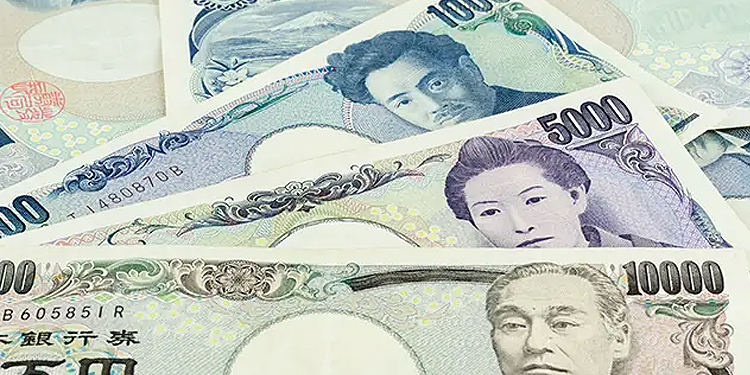
The yen’s fall to a 24-year low against the dollar on Thursday prompted policymakers to warn they were watching currency moves with a “high sense of urgency”, using strong language to hint at a possibility of eventual market intervention.
The currency fell to 139.69 per dollar, a level not seen since 1998, as investors braced for further aggressive interest rate hikes by the U.S. Federal Reserve that would make the yen relatively less attractive.
“Currency market volatility is heightening recently,” Chief Cabinet Secretary Hirokazu Matsuno told reporters, echoing concerns voiced by a senior Ministry of Finance official.
“Sudden exchange-rate fluctuations are not desirable. It’s important for currencies to move stably reflecting fundamentals,” Matsuno added.
Such statements are intended to make traders cautious by implying that authorities are inclined to intervene in the foreign exchange market – for example, by selling dollars for yen to support the latter. There is, however, no explicit sign that Japan can take any such action immediately.
The large gap between U.S. interest rates and the ultra-low levels maintained by the Bank of Japan are the main reason for the yen having fallen from around 115 per dollar since the beginning of this year.
Once welcomed for boosting exports, the yen’s weakness is becoming a headache for Japanese policymakers, because it drives up the cost of importing already expensive fuel and raw materials.
“By pushing up imported goods prices, the weak yen could hurt corporate profits and consumption,” said Nobuyasu Atago, chief economist at Ichiyoshi Securities.
“Further yen declines are bad for Japan’s economy and could derail its recovery from the hit from the pandemic,” he said.
A dollar/yen break beyond the psychologically key level of 140 could heighten political pressure on Prime Minister Fumio Kishida to take additional spending measures to cushion the economic blow from rising living costs, some analysts say.
Despite the potential damage from further yen declines, Japanese policymakers currently have few options to moderate the currency’s drop beyond trying to jawbone markets.
Tokyo would need informal consent from its G7 counterparts to step into the currency market to support the yen. Getting consent would probably be difficult, given Washington’s aversion to currency intervention.
There is also little incentive for the United States to stem dollar rises, which help ease its inflationary pressures, analysts say.
Higher interest rates will also support a currency, but the Bank of Japan has little incentive to lift Japan’s, since the country’s inflation is subdued and its economy weak.
“The yen may stop falling if the Bank of Japan signals its intention to raise interest rates or the Ministry of Finance expresses its readiness to intervene in the currency market, said Atsushi Takeda, chief economist at Itochu Research lnstitute.
“But both of these options are unrealistic and unnecessary as there’s little room left for U.S. long-term rates to rise, putting pressure off the dollar.”
from International News Today - Breaking News, US News, World News https://ift.tt/A281HnU
